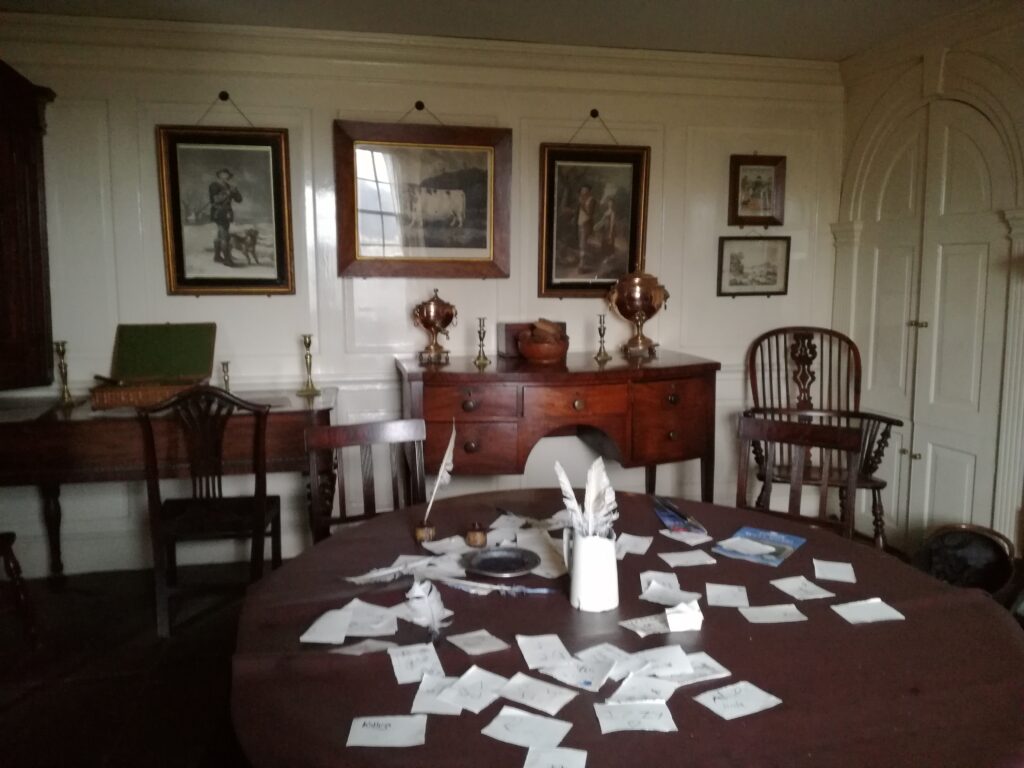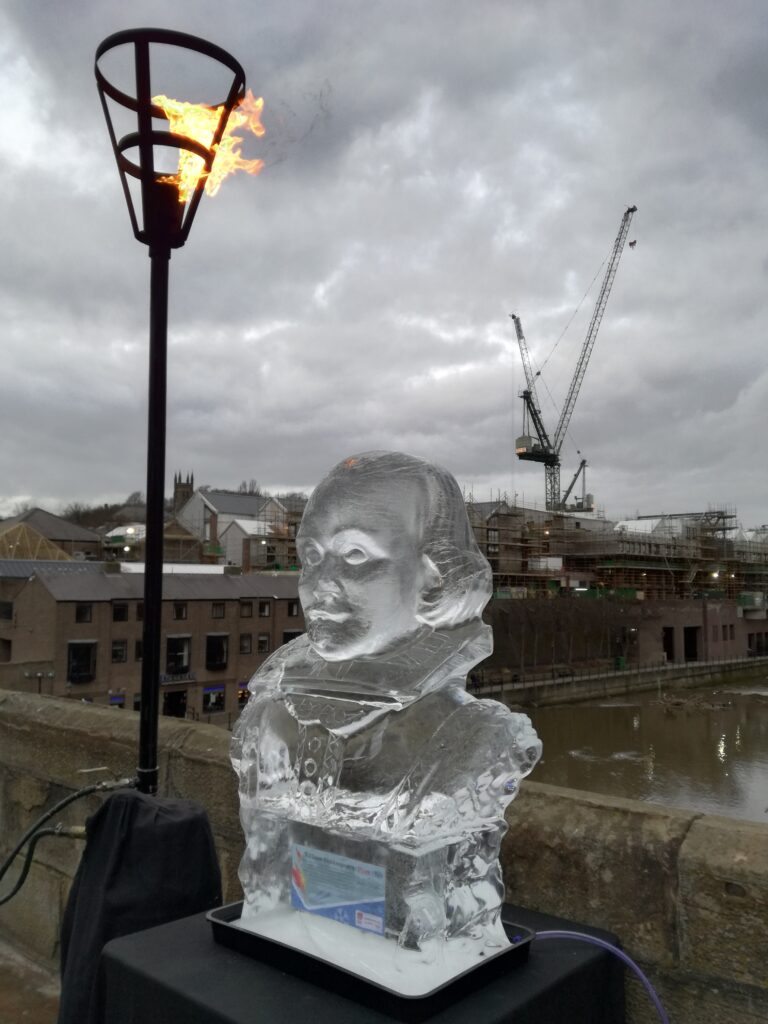
How To Stop Yourself From Getting Distracted When Writing

These days, it is certainly the hardest thing not to find good entertainment but to escape it. When you’re writing, be that for half an hour or preferably half the day, the last thing you need is distraction. And yet, really sitting yourself down and actually starting to write is, for most writers, the most difficult thing about the process, so at this stage distraction can seem very welcome indeed. We all struggle to hold ourselves accountable when it comes to a personal project like writing, and understandably so. There are so many important things in our lives, like our day jobs, family or the housekeeping, which demand our attention, so it can seem an overwhelming task even to find that half hour to slot into a day to write. When you’ve finally found some space between all this, it is even harder to focus on the writing and get into the right headspace for your fictional world. That’s why I’ve put together a little guide to identifying the best moments to write and getting yourself into a flow.
Only Write When You Have Enough Energy and Material
It is very easy to sit yourself down, tell yourself to write and then procrastinate when you haven’t actually got the energy to write. It is also easy to then be disappointed if you didn’t get any writing done. It’s okay to work on your story in different ways. Sometimes, even if you have the energy, if you just don’t know how to keep writing or what happens next, it’s more important to get new ideas or to build your world further before you write any more, because otherwise you won’t be able to fill in the gaps. In that instance, you can still feel productive if you do research or build your world or have a chat with your characters off page. Like I explained in this blog, working on your writing doesn’t have to be actual writing.
Figure Out When Your Brain Works Best
You will eventually feel like you need to get focussed writing sessions done or you’ll never have anything on the page. This shouldn’t stress you though, because then you won’t get the writing done either. So, make sure you identify times of day when your brain works best and make allowances for that. Catch up sleep on the weekend if you’re a night owl. Go to sleep ridiculously early and get up before dawn to get your writing done. Write a paragraph in your lunch break. Write during your commute if you can. Record your voice, write in a notebook, whatever suits the situation.
Don’t Force Yourself To Write, Allow Yourself To
Creative burnout is real and it’s a serious problem, as Kerry-anne Wright explains in this insightful blog. It’s important that you notice warning signs early, and make sure that you get enough rest to let ideas flow better. So even when you sit down at your favourite time at your favourite spot, make sure you still notice when you haven’t got the energy. Sometimes that happens. Usually the best indicator is to write a few sentences and to see if you manage to get into a flow and enjoy writing. If that doesn’t happen, call it off, do something else or build your world and come back to a proper session when you next have the chance. Those negative moments when you try to write and you can’t can be incredibly harmful for your morale and your project, so make sure you write freely.

Identify Distractions and Keep Reminding Yourself About Them
The next problem is often knowing what counts as a distraction. You might be able to tell that being on TikTok, dusting your desk or online shopping aren’t particularly conducive to your focus for writing. Sure, sometimes dusting your desk can give your mind space to think and ideate, but that is not what you want to be doing in a writing session. It is even harder to admit to yourself, though, that researching a topic for your story or even worldbuilding are a distraction from writing itself. They can get you into the right headspace, but only if there is time for them as well as for writing. Make sure you notice when you are only researching or worldbuilding to procrastinate from writing.
We’ve All Done It, But…
We have all been guilty of it, and unfortunately, it can show in the writing. We all know stories which spend ages on describing places and societies and forget for a bit that they had a protagonist to follow. Even if it doesn’t show in your writing, it can slow it down and prevent you from actually getting words on the page. Sometimes you might be stuck in your writing and you really need to get some research done to get any further in your manuscript, but this something you should try to take care of before a proper writing session if you can.

Of course, there are lots more distractions you could come across that you may or may not succumb to usually, but it’s important that you notice when you’re distracted and immediately remind yourself that you wanted to write instead. If you know what kinds of distraction you’re prone to and actually think about what you’re doing before you get sucked into it, you have a much better chance at not being distracted.
I hope these tips will be useful to you and if you have any of your own, I’d love to see them in the comments below!